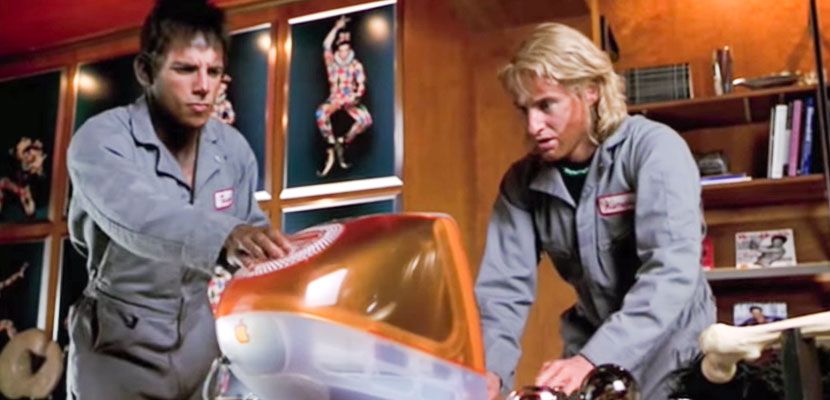Never had one, never thought I needed one for inshore fishing until my GPS shit the bed on a cloudy day.
What is everyone using? Ritchie seems to be a popular one. I think I want to go the flush mount route but I don't want to clutter up my side console. Would it behoove me to skip the hard mounted compass and just drop one down in my gear bag? The backlit flush mounted compasses look cool, but they are a couple hundred dollars. The rub with the handheld is if it's not mounted to the boat, it can get left in the truck.
Any good resources on compass use?
What is everyone using? Ritchie seems to be a popular one. I think I want to go the flush mount route but I don't want to clutter up my side console. Would it behoove me to skip the hard mounted compass and just drop one down in my gear bag? The backlit flush mounted compasses look cool, but they are a couple hundred dollars. The rub with the handheld is if it's not mounted to the boat, it can get left in the truck.
Any good resources on compass use?






